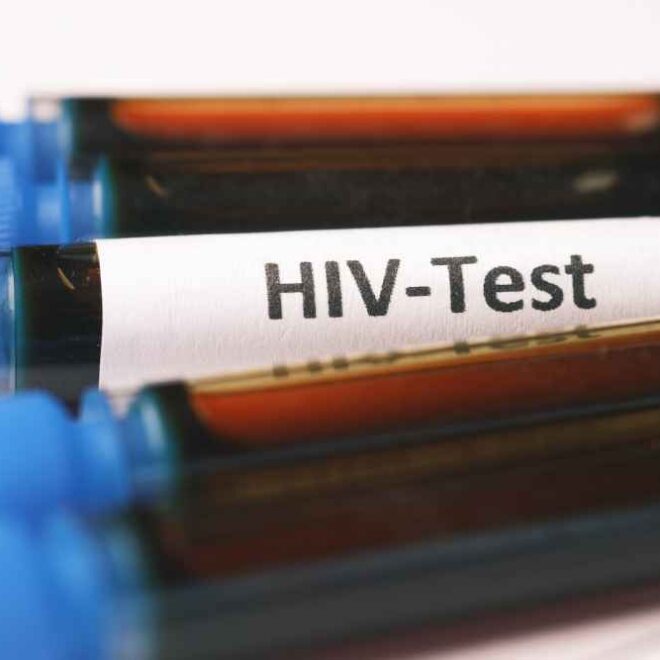Class: Primary 1
Term: 1st Term
Week: 10
Age: 6 years
Duration: 45 minutes
Date:
Subject: National Values Education
Curriculum Theme: Civic Education
Topic: HIV/AIDS
Content: Meaning of HIV/AIDS, Dangers of HIV/AIDS
Specific Objectives:
By the end of the lesson, the pupils should be able to:
- Explain the meaning of HIV/AIDS
- State the dangers of HIV/AIDS
Instructional Materials:
- Whiteboard/Chalkboard
- Chalk/Markers
- Visual aids (pictures, diagrams)
- Flashcards
- Handouts/Worksheets
INSTRUCTIONAL PROCEDURES
Content Development: Meaning of HIV/AIDS, Dangers of HIV/AIDS
| Content | Time | Teaching Method | Teacher’s Points/Activities | Pupils’ Activities |
|---|---|---|---|---|
| Step 1: Meaning of HIV/AIDS | 10 minutes | Discussion | Introduce the topic of HIV/AIDS Explain that HIV stands for Human Immunodeficiency Virus Define HIV/AIDS as a disease that weakens the immune system Show visual aids to help students understand | Listen attentivelyParticipate in the discussionAsk questions for clarification |
| Step 2: Dangers of HIV/AIDS | 20 minutes | Lecture and Discussion | Explain the dangers of HIV/AIDS Discuss how HIV is transmitted (e.g., through unprotected sex, sharing needles)Talk about the importance of prevention (e.g., using condoms, avoiding drug abuse) Emphasize the need for regular testing and early medical care | Take notesParticipate in discussionsAsk questions for clarification |
| Evaluation | 10 minutes | Question and Answer | Ask pupils questions to assess their understanding Provide feedback and explanations | Respond to questionsDemonstrate understanding of the topic |
| Note Copying | 5 minutes | Writing | Provide a summary of the lesson’s key pointsInstruct pupils to copy the note into their notebooks | Write down the note in their notebooks |
Note:
Meaning of HIV/AIDS
HIV/AIDS is a disease that can make people very sick. HIV stands for Human Immunodeficiency Virus. It is a tiny germ that can get into our bodies and make us weak
Dangers of HIV/AIDS
- HIV/AIDS can make a person very sick and weak.
- HIV/AIDS can make it difficult for the body to fight off infections and diseases.
- HIV/AIDS can lead to serious health problems and even death if not properly managed.
- HIV/AIDS can be transmitted from a pregnant woman to her baby during pregnancy, childbirth, or breastfeeding.
- HIV/AIDS can be spread through contact with infected blood, such as sharing needles or getting a blood transfusion with infected blood.
Evaluation:
Ask the following questions to evaluate the lesson
- What does HIV stand for?
- How is HIV transmitted?
- Why is it important to prevent HIV/AIDS?
Teaching Aids
- Visual aids (pictures, diagrams)
- Flashcards
- Handouts/Worksheets
Note to Teachers:
Please note that the actual content of the lesson, teaching methods, and pupil activities may vary based on your specific teaching style and curriculum or resources. Feel free to customize the lesson note to fit your needs

